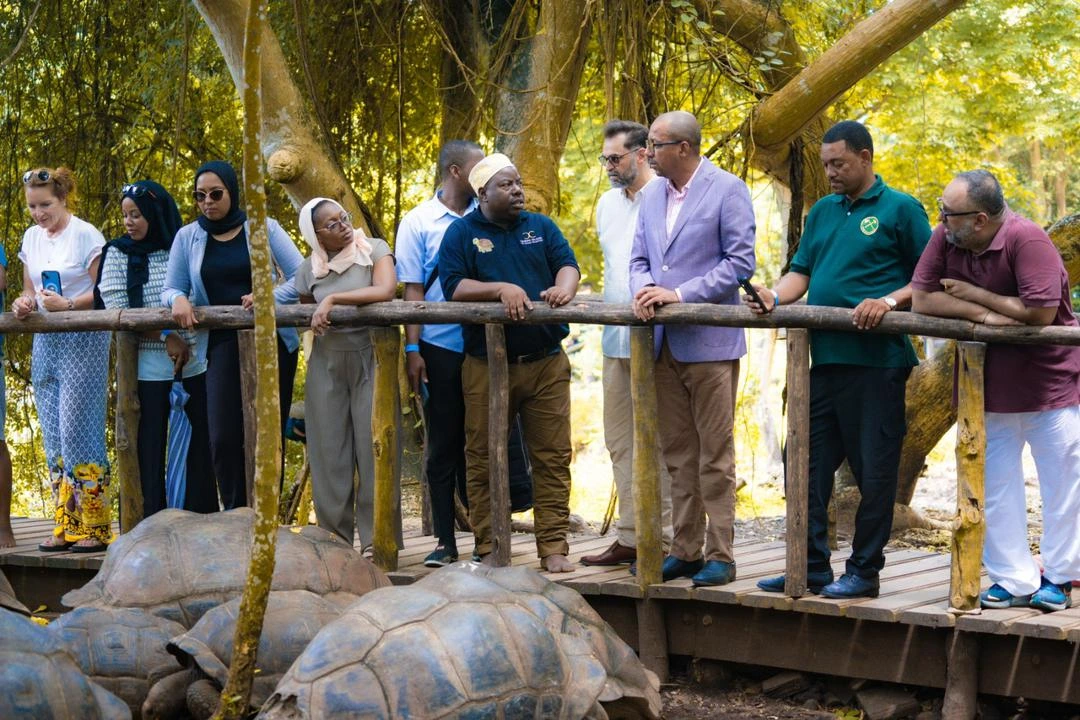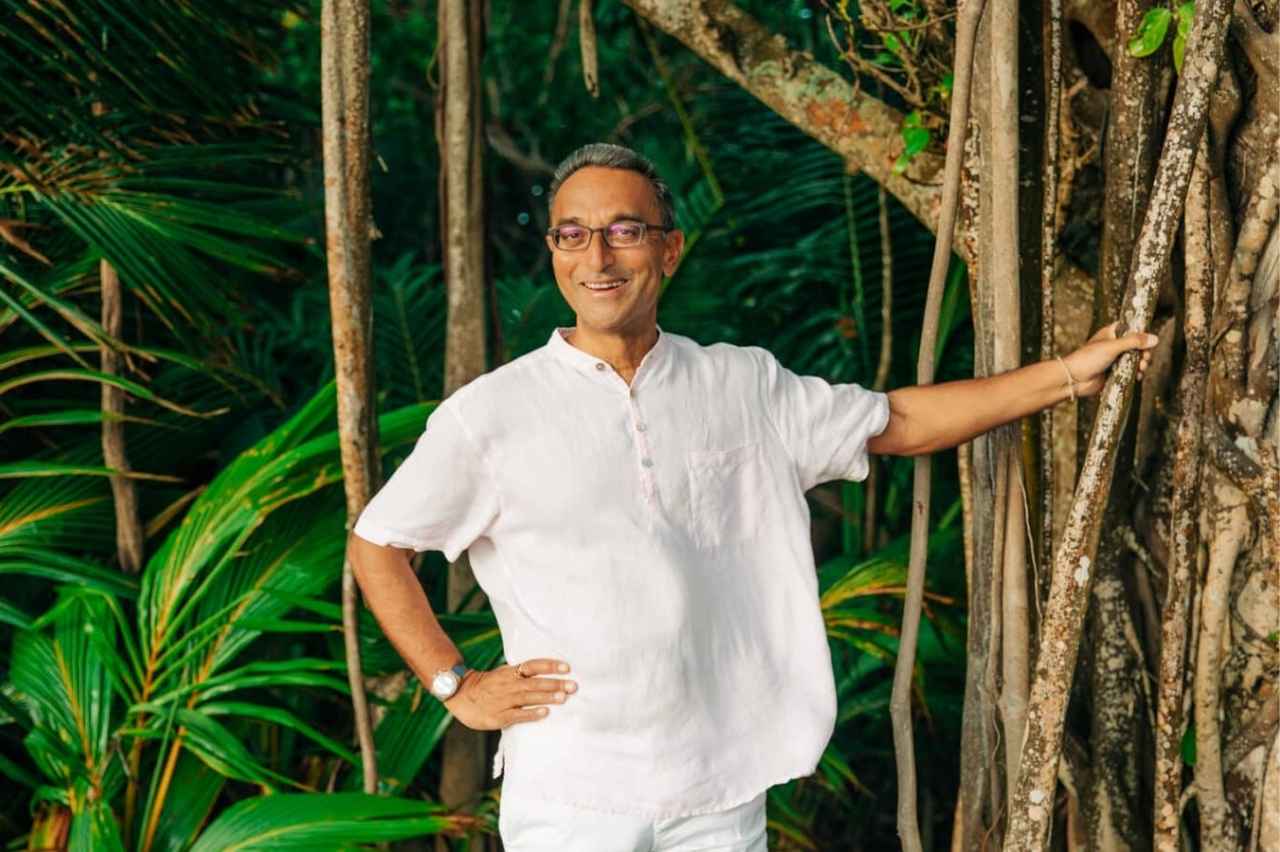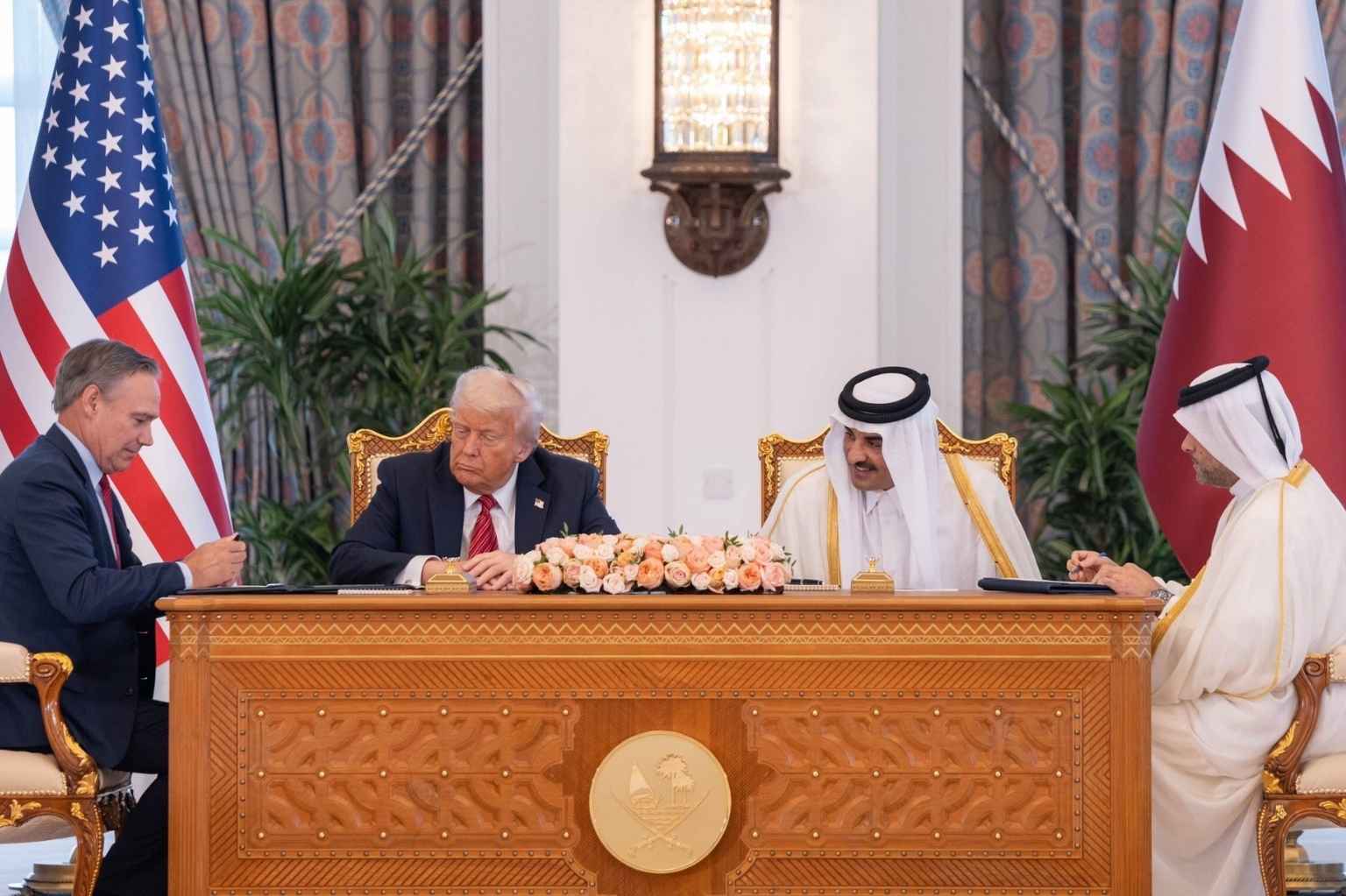Few figures have shaped the world of luxury travel quite like Sonu Shivdasani. As the co-founder of both Soneva and Six Senses, he defined what sustainable, experiential luxury looks like not just in the Maldives but on a global scale. Over more than three decades of passion-driven leadership, he transformed remote islands into globally celebrated eco-conscious sanctuaries.
Since opening Soneva Fushi in 1995, Sonu Shivdasani has pioneered a back-to-nature luxury experience that redefined the Maldives as a premier high-end destination. Under his leadership, Soneva introduced many hospitality innovations that have become industry standards, including private pools, open-air bathrooms, and curated experiences with marine biologists and artists. His approach seamlessly fused luxury with environmental responsibility by embedding sustainability into every facet of the business.
Now, following a significant change in Soneva’s ownership structure, Shivdasani embarks on a new chapter guided by creativity, exploration, and long-awaited personal pursuits.
Stepping Back, Not Stepping Away
In May 2025, KSL Capital Partners converted their preference shares into ordinary shares, taking majority control of the Soneva Group. Despite this shift, Sonu and his wife Eva remain significant minority shareholders but have stepped back from the company’s day-to-day operations.
Sonu Shidvasani told Hotel Investment Today,
“It is very important to us that Soneva thrives. However, I have agreed with them that they will run the business and Eva and I will not be involved.”
This marks the close of an era of active leadership while maintaining lasting influence. Their continued stake reflects deep-rooted confidence in the brand’s values and future.
A Legacy of Innovation in Sustainable Hospitality
To fully appreciate this transition, it is essential to reflect on Sonu and Eva’s remarkable journey, which has been a deeply personal and enduring commitment. Over more than 30 years, they built two globally respected hospitality brands that set new benchmarks for sustainability, wellness, and authentic guest experiences. They launched Six Senses in 2004, growing it to 26 resorts and 41 spas worldwide, before deciding to focus exclusively on Sovnea’s “One Wonder, One Operator, One Philosophy” model. This model champions intimate, purpose-driven luxury.
Beyond pioneering resorts, Sonu spearheaded transformative environmental and social initiatives through the Soneva Foundation, founded in 2010. Under his guidance, the foundation rolled out impactful programs, such as eliminating branded bottled water in favor of purified onsite water. This initiative funded clean water access for over 800,000 people across 50 countries. Additionally, the voluntary carbon levy on guest stays supports projects including planting half a million trees in Thailand, installing a windmill in India, and distributing energy-efficient cookstoves that have benefited nearly 300,000 people in Myanmar and Darfur.
He also led the Myanmar Stoves Campaign, which generated $14 million in social value over four years by reducing deforestation, improving public health, and increasing incomes for 140,000 people. In the Maldives, his groundbreaking Soneva Namoona waste management program led the regional and national phase-out of single-use plastic.
From Personal Challenges to Global Recognition
In 2017, Sonu faced a serious health challenge when diagnosed with Stage IV Non-Hodgkin’s Lymphoma. After a courageous battle, he emerged with a renewed holistic wellness philosophy that integrated both conventional and alternative therapies. This vision led to the launch of the Soneva Soul, a wellness brand in 2021, broadening the group’s commitment to well-being.
Therefore, his extensive contributions to tourism, sustainability, and philanthropy earned him recognition in 2023 when he was appointed Officer of the Order of the British Empire (OBE). That same year, he received the SevenRooms Icon Award at the World’s 50 Best Hotels. A unique individual honor celebrating his transformative impact on global luxury hospitality.
Today, Soneva’s portfolio includes:
- Soneva Fushi
- Soneva Jani
- Soneva Secret
- Soneva in Aqua (luxury yacht experience)
Each property embodies the brand’s core philosophy, “SLOW LIFE.” Which focuses on Sustainability, Locality, Wellness, Learning, and Inspiring experiences. These principles have defined Shivdasani’s legacy and continue to shape the future of luxury travel.
Looking Forward: A New Chapter of Creativity
Despite stepping back, Sonu Shivdasani is far from slowing down. While many might see this as a step toward retirement, he views it as a welcome pause and a chance to breathe and pursue projects long deferred.
“I feel fortunate to have a little bit of a break to catch my breath and do many things that I have always wanted to, but have never had the time.. At 58, I have another lifetime of creativity ahead of me.”
With day-to-day operations now entrusted to KSL. He plans to revisit hospitality concepts he once envisioned to develop but had kept aside. His broad experience and deepening focus on wellness and longevity continue to inform his evolving perspective on hospitality.
What’s Next for Soneva Under KSL?
With its increased stake, KSL Capital Partners now guides Soneva’s next phase. Armed with a strong background in luxury travel and leisure, the firm intends to expand operations and invest in existing properties while preserving the founding values that define Soneva.
To lead this evolution, KSL appointed Neil Gallagher as Soneva’s new CEO.
The Legacy Continues
Though Sonu Shivdasani no longer leads Soneva’s daily operations, his legacy remains deeply woven into the Maldives hospitality sector and resonates across global luxury travel. His vision endures in every villa, every tranquil moment, and every barefoot step taken on the Maldivian sands.








